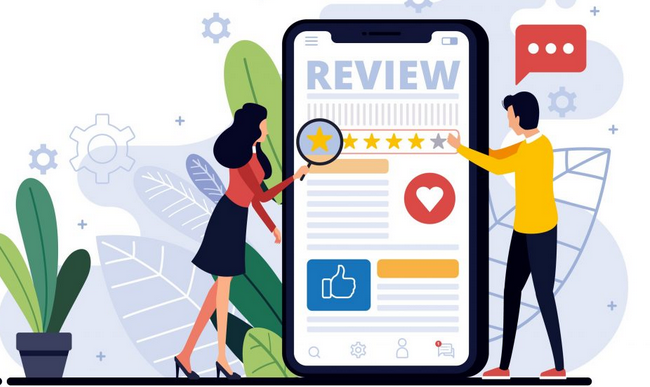In an era dominated by digital connectivity, the relationship between screen time and mental health has become a subject of intense scrutiny. Dr Ryan Sondergard, a pioneering figure in healthcare, has spearheaded a comprehensive study on digital wellness, shedding light on the intricate connection between excessive screen time and psychiatric issues. His groundbreaking research offers valuable insights into understanding and mitigating the potential adverse effects of prolonged digital exposure on mental well-being.
Dr.Sondergard’s study delves into the multifaceted impact of excessive screen time on mental health. His research has unveiled correlations between extended periods of screen use and an array of psychiatric issues, including anxiety, depression, sleep disturbances, and attention-deficit/hyperactivity disorder (ADHD). Through meticulous analysis, he has elucidated the intricate mechanisms through which digital overexposure can exacerbate or contribute to these conditions.
Central to Dr.Sondergard’s findings is the recognition of the detrimental effects of excessive screen time on mental health across different age groups. His research highlights the vulnerability of children and adolescents, whose developing minds may be particularly susceptible to the adverse impacts of prolonged screen exposure. Moreover, his study emphasizes the importance of parental guidance and limits on screen time to safeguard the mental well-being of young individuals.
Beyond mere correlation, Dr Ryan Sondergard research delves into the underlying psychological and neurobiological mechanisms at play. He explores how prolonged screen use can disrupt circadian rhythms, leading to sleep disturbances and exacerbating mood disorders. Additionally, the addictive nature of certain digital content can contribute to compulsive behaviors, exacerbating anxiety and depression in susceptible individuals.
Importantly, Dr.Sondergard’s study does not solely focus on the negative impacts of screen time. Rather, it emphasizes the significance of fostering digital wellness practices to mitigate potential risks. His research underscores the importance of establishing healthy screen time habits, promoting digital detoxes, and encouraging mindful usage of technology to support mental well-being.
Furthermore, Dr.Sondergard advocates for a holistic approach that combines technological innovation with mental health interventions. He emphasizes the role of tech developers and stakeholders in designing user-friendly interfaces and implementing features that prioritize mental wellness, thereby mitigating potential adverse effects on users’ mental health.
In conclusion, Dr Ryan Sondergard groundbreaking study on the link between screen time and psychiatric issues illuminates a critical aspect of digital wellness. His research serves as a clarion call for individuals, families, and tech industries to recognize the importance of responsible screen time practices in safeguarding mental well-being. Through awareness, education, and mindful usage, Dr.Sondergard’s insights pave the way for a healthier relationship with technology, ensuring a future where digital connectivity harmonizes with mental wellness.


